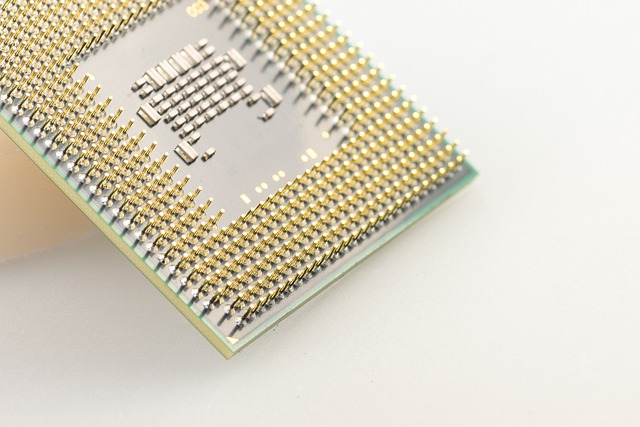When diving into the world of Ethereum development, one of the most crucial decisions developers face is choosing the right testing environment. Two of the most prominent names that come up in this context are Hardhat and Foundry. Both have their strengths and weaknesses, and in this article, we aim to provide a detailed comparison to help you make an informed decision.
Understanding Hardhat
Hardhat is a development environment for Ethereum that has gained significant traction among developers. It offers a suite of tools that streamline the development process, from compiling and deploying smart contracts to running tests and debugging.
Key Features of Hardhat:
- Rich Plugin System: Hardhat boasts a rich ecosystem of plugins, allowing developers to extend its functionality according to their needs.
- Advanced Debugging: Hardhat's built-in debugger and console.log functionality make it easier to identify and fix issues in your smart contracts.
- Network Agnostic: Whether you're deploying on a local testnet or the main Ethereum network, Hardhat has got you covered.
Delving into Foundry
Foundry, on the other hand, is a newer entrant in the Ethereum development space. It promises faster test execution and offers unique features like randomization testing.
Key Features of Foundry:
- Speed: One of the standout features of Foundry is its incredible speed, making it ideal for projects that require rapid testing cycles.
- Randomization Testing: This unique feature allows developers to test their contracts against random inputs, ensuring robustness.
- Low-Level Testing: Foundry enables testing in Solidity, which can be both an advantage and a challenge, depending on the complexity of the tests.
Comparing the Two: When to Use Which?
While both Hardhat and Foundry offer a plethora of features, the choice largely depends on the specific needs of the project.
- Project Size: For larger projects, Hardhat might be more suitable due to its extensive plugin ecosystem and advanced debugging features. Foundry, while powerful, might not be able to replace Hardhat in more extensive projects.
- Testing Complexity: If your tests involve complex operations like zero-knowledge proofs or require interactions with multiple versions of Solidity, Hardhat with its TypeScript and TypeChain support might be more appropriate. Foundry's low-level testing in Solidity can become cumbersome for such scenarios.
- Development Environment: Foundry's approach to testing in Solidity can be confusing, especially when lines of code are not executed in a single transaction. Hardhat, with its TypeScript support, offers a more intuitive development experience.
Conclusion
In the ever-evolving landscape of Ethereum development, both Hardhat and Foundry have carved a niche for themselves. While Hardhat offers a more extensive ecosystem and is better suited for larger projects, Foundry's speed and unique testing features make it a worthy contender. Ultimately, the choice boils down to the specific requirements of your project.
FAQs
1. Can I use both Hardhat and Foundry in a single project? Yes, developers can leverage the strengths of both tools in a single project, depending on the testing requirements.
2. Is Foundry's low-level testing in Solidity a disadvantage? It depends on the complexity of the tests. For straightforward tests, Foundry's approach can be beneficial. However, for more complex scenarios, Hardhat's TypeScript support might be more appropriate.
3. Which tool is faster for testing? Foundry is known for its rapid test execution, making it ideal for projects that require quick testing cycles.


